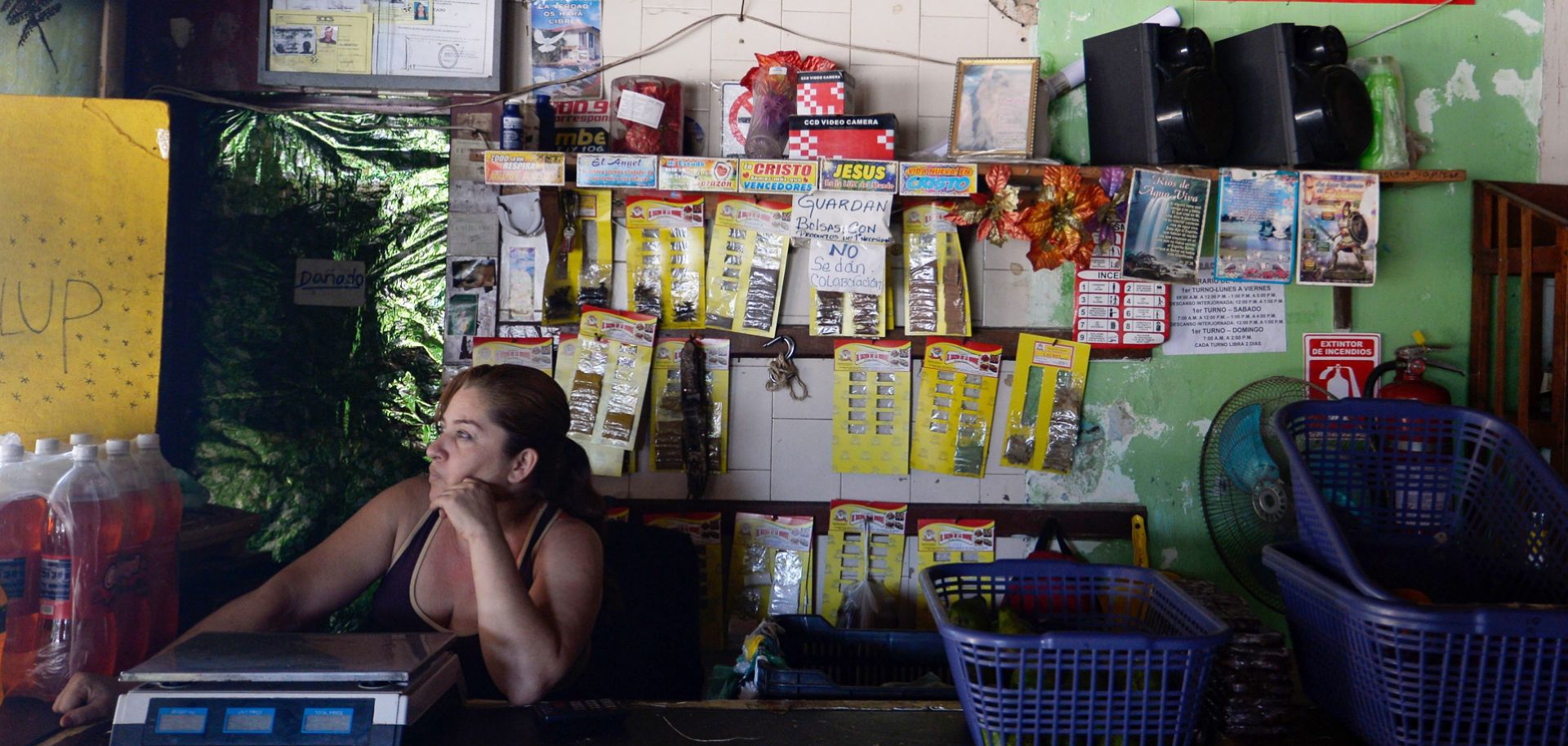ASSESSMENTS
Venezuela's Long Path to Recovery
May 2, 2016 | 09:18 GMT

(FEDERICO PARRA/AFP/Getty Images)
Summary
Venezuela is mired in an ever-deepening socioeconomic turmoil. As oil prices languish, accelerating inflation and sharply reduced imports are fueling significant frustration with the government. And, of course, Venezuela has more than low oil prices to blame for its economic collapse. In recent years, the government has financed its large budget deficits by printing more currency, spurring the highest inflation in the world at around 300 percent. Currency controls in place since 2003 have encouraged the inefficient allocation of foreign currency and the outright waste of dollars through corruption. Meanwhile, President Nicolas Maduro's administration has repeatedly put off implementing austerity measures to address the situation, fearing the high political cost of such action.
While countless discussions have focused on how Venezuela slid into decay, less has been said about how the country might begin laying the groundwork for economic recovery. For Venezuela, the path to recovery will likely be a long one. Restoring some balance to the nation's severely depleted public finances will likely take years. Even if the president is recalled by popular vote or forced by his party to resign, the next government will inevitably have to bear the political cost of the adjustments. Therefore, despite a new government's potential assurances that Venezuela is on the road to recovery, the country is expected to remain a difficult place for foreign firms to conduct business for the next few years.
Subscribe Now
SubscribeAlready have an account?
